All Stories
-
 Quantum Physics
Quantum PhysicsMajor step taken toward error-free computing
Physicists have achieved nearly perfect control over a bit of quantum information, bringing them a step closer to error-free computation.
-
 Animals
AnimalsSecrets of a sailfish attack
The large, long-nosed sailfish use their rostrums more like a sword than a spear to attack prey.
-
 Animals
AnimalsDolphins use sponges to dine on different grub
The animals can learn to use tools to exploit food sources that would be otherwise unavailable, a study suggests.
-
 Genetics
GeneticsRainbow trout genome shows how genetic material evolved
The finding challenges the idea that whole genome duplications are followed by quick, massive reorganization and deletions of genetic material.
-
 Animals
AnimalsSubmariners’ ‘bio-duck’ is probably a whale
First acoustic tags on Antarctic minke whales suggest the marine mammals are the long-sought source of the mysterious bio-duck sound.
By Susan Milius -
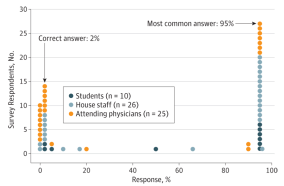 Math
MathDoctors flunk quiz on screening-test math
Many doctors, and the news media, don’t understand that because of the statistics of screening tests, a test with 90 percent accuracy can give a wrong diagnosis more than 90 percent of the time.
-
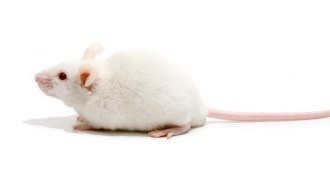 Neuroscience
NeurosciencePain curbs sex drive in females, but not males
When in pain, female mice’s interest in sex takes a hit but males still want to mate.
-
 Health & Medicine
Health & MedicineBabies cry at night to prevent siblings, scientist suggests
Babies who demand to be breastfed in the night might be delaying the birth of a sibling, scientist proposes.
-
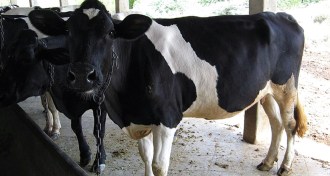 Genetics
GeneticsNew antibiotic resistance genes found in cow manure
Identifying these genes offers clues to how antibiotic resistance could move from agricultural ecosystems to other communities of organisms.
-
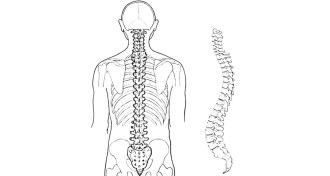 Genetics
GeneticsNeandertal, modern human DNA deviates even more
An analysis of genetic material of Neandertals and modern humans shows genetic differences in the species' population sizes and even the curves of their spines.
-
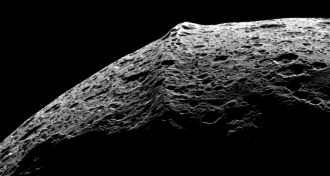 Planetary Science
Planetary ScienceMountains on Saturn moon may have come from space
A mountainous ridge around the equator of Iapetus, one of Saturn’s moons, may have formed from cosmic debris.
By Meghan Rosen -
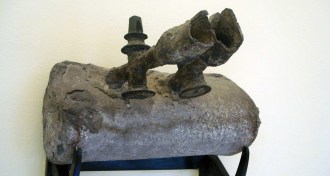 Environment
EnvironmentLead levels in ancient Rome’s water were high, but not toxic
Ancient Romans probably drank tap water with up to 100 times more lead than the levels found in local spring water.